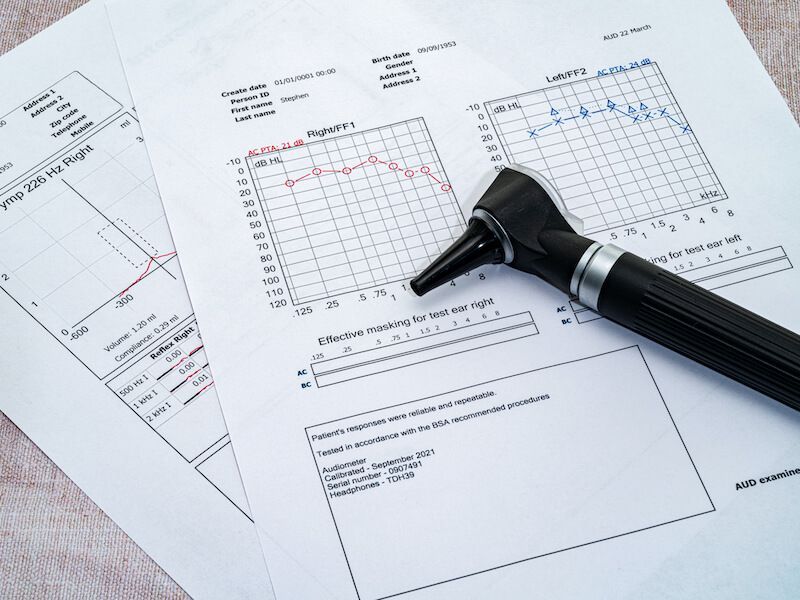You Should Get Your Hearing Assessed Regularly For These Four Reasons

Why is it worthwhile to get your hearing examined on a regular basis? That’s because your general health can be significantly affected by hearing loss. Getting your hearing examined regularly can help you identify hearing loss early, get care quicker, and, improve your health, wellness, and quality of life.
Who should get a hearing test?
Your health and well-being can be significantly impacted by neglected hearing loss. Social isolation, for example, can be a consequence of neglected hearing loss. Conversations with family and friends can become more difficult, and people who suffer from hearing loss might be less likely to reach out to other people, even during normal activities like shopping or going to work. It may not be shocking that this type of social isolation can lead to mental health problems, but it may come as a surprise to learn that it can be harmful to your physical health too.
Other health concerns can be the result of untreated hearing loss also. For instance, neglected hearing loss has been associated with many chronic conditions, including cognitive decline and depression. Comorbidities, like high blood pressure, diabetes, and heart disease have also been associated with hearing loss.
So scheduling a routine hearing test will be a good strategy for pretty much everybody.
Four reasons to check your hearing
There are four noteworthy reasons why keeping an eye on your hearing can be beneficial to your overall health.
1. Establishing a baseline for your hearing is important
It may seem foolish to take a hearing test while your hearing is still healthy, right? Well, getting a hearing test early is a good plan for a number of reasons. The most significant is that a hearing exam will give us an accurate picture of your present hearing health. If your hearing changes in the future, this will make it easier to detect. Early symptoms of hearing loss usually go undetected because hearing loss usually develops gradually over time.
Before you notice any symptoms, a hearing test will help detect hearing loss in its early stages.
2. Early diagnosis and treatment is important
Hearing loss is typically a progressive condition, meaning it often gets worse over time. You’ll have a better prognosis, as a result, if you recognize your hearing loss early. If you treat the condition as early as possible, you will have more positive results.
When you get treatment early it will mean doing things like using hearing protection or possibly wearing hearing aids. Treatment can help prevent many of the related issues listed above, including dementia, depression, and social isolation.
3. Future changes will be easier to measure
Even if you’re diagnosed with hearing loss, that doesn’t mean your hearing won’t continue to get worse as you get older. Regular hearing assessments can help you identify changes as you go along, and make changes to your treatment plan as necessary.
4. Additional damage can be avoided
Hearing loss that develops gradually over time is normally caused by damage. Your hearing specialist is a considerable resource and visiting us regularly will help you identify any hearing loss as early as possible. We can provide you with information, treatments, and best practices that can help keep your hearing as healthy as possible.
For instance, we can help you figure out ways to safeguard your ears from day-to-day damage or establish strategies created to help you keep sounds around you quieter.
How often should I get my hearing examined?
In general, it’s recommended that adults get a hearing test sometime in their 20s or 30s, on the earlier side. It’s usually ordinary best practice to get a hearing test every ten years thereafter unless you observe signs of hearing loss or we suggest something more often.
But perhaps you’re thinking: what should I expect at my hearing exam? Hearing tests are generally totally non-invasive. Often, all you do is wear special headphones and listen for a specific sound.
We will be able to help you get the treatment you need, whether you need a set of hearing aids or you simply need to protect your ears. And we can help you determine what your hearing exam schedule should be.


